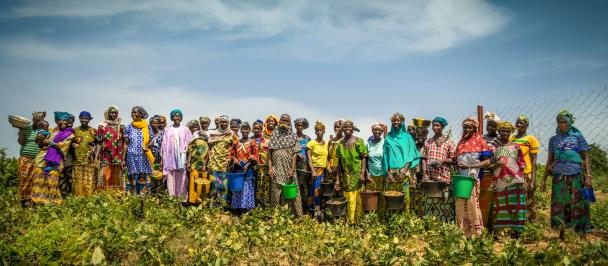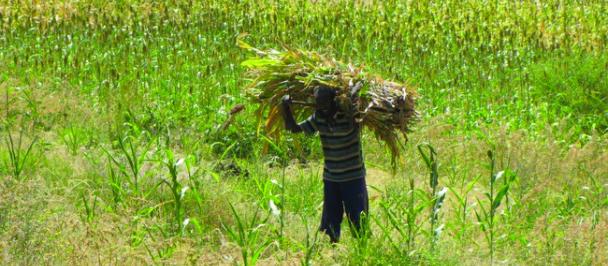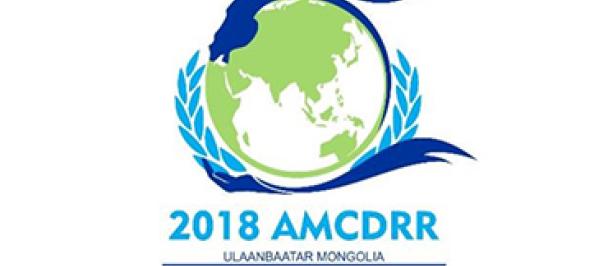Statement delivered by Haoliang Xu as part of UNDP's Development Dialogues series
COVID-19 and crisis contexts one year on: What have we learnt? How can we fast-track recovery?
March 11, 2021
Excellencies, ladies, and gentlemen,
It is a pleasure to speak at this event on the one-year anniversary of the declaration of COVID-19 as a global pandemic.
One year on, we know: we still must work together to find solutions for this development emergency.
For the first time in 30 years, global human development has seen a decline.
UNDP analysis since mid-March 2020 has uncovered emerging trends in the pandemic’s severe impact on peace and development.
We know the coronavirus does not discriminate. However, the measures that are taken to contain it, do. The pandemic is hitting the world’s poorest and most vulnerable people hardest, with significant implications for marginalized groups, including women and girls.
This is even more pronounced in crisis settings.
Addressing these challenges and making additional investments to reduce economic and societal vulnerabilities in the face of COVID-19 will be critical.
I am deeply grateful for Japan’s financial support that enabled an effective, timely start to the socio-economic response. Japan’s timely funding enabled grants to 29 countries.
I am pleased that in our role as technical lead for the UN’s socio-economic response, UNDP and partners supported 121 countries to finalize COVID socio-economic response plans. Decision-makers require flexible, rapid and evidence-based diagnostics to inform time critical interventions and policy decisions, and we were able to rapidly adapt existing digital and multi-partner tools to helped provide governments with comprehensive and timely information to drive evidence-based policy and budget allocations, to enable a people-centred recovery.
To this end, I would like to acknowledge the joint efforts of our partners - the European Union and the World Bank and others - that also assisted governments in responding to this crisis.
We adapted our own programming, taking a human rights-based approach to the pandemic that puts people at the centre of the recovery.
We cannot be driven by trade-offs between ‘fundamental freedoms versus health’, or ‘economy versus rights’. UNDP worked in partnership with the UN Human Rights Office to prepare tools and approaches to ensure that responses to the pandemic respect human rights which will result in better outcomes in tackling the COVID-19 pandemic, especially in crisis contexts.
I call on all of us to urgently draw on our experience and our resources to help countries, especially those hit by crisis and conflict, to mount an effective response to COVID-19, and to help the most left behind.
I call on us all to deliver on temporary basic income for a people-centred recovery, also to freeze debt service payments in countries affected by crises and shocks.
Finally, unprecedented collaboration in science delivered multiple safe and effective COVID-19 vaccines in record time. Delivering them as fairly and rapidly as possible is critical to the pandemic response and a just and sustainable recovery. UNDP, working closely with WHO, UNICEF and partners, focuses on three areas: 1) the deployment of digital solutions for vaccine delivery and health systems strengthening; 2) using data analytics to drive greater equity in vaccine distribution, building on our data futures platform. And, scaling reliable energy solutions for COVID-19 vaccination.
This pandemic is the defining crisis of our time. A multidimensional approach offers the greatest possibility for transformational change. That is why we will make full use of what we will learn from this crisis and help countries to better prevent and manage future ones.
I salute our valued partners, the g7+ group of states, for their call to prioritize the recovery of those most left behind. I look forward to our discussions here today.
Thank you.

 Locations
Locations



